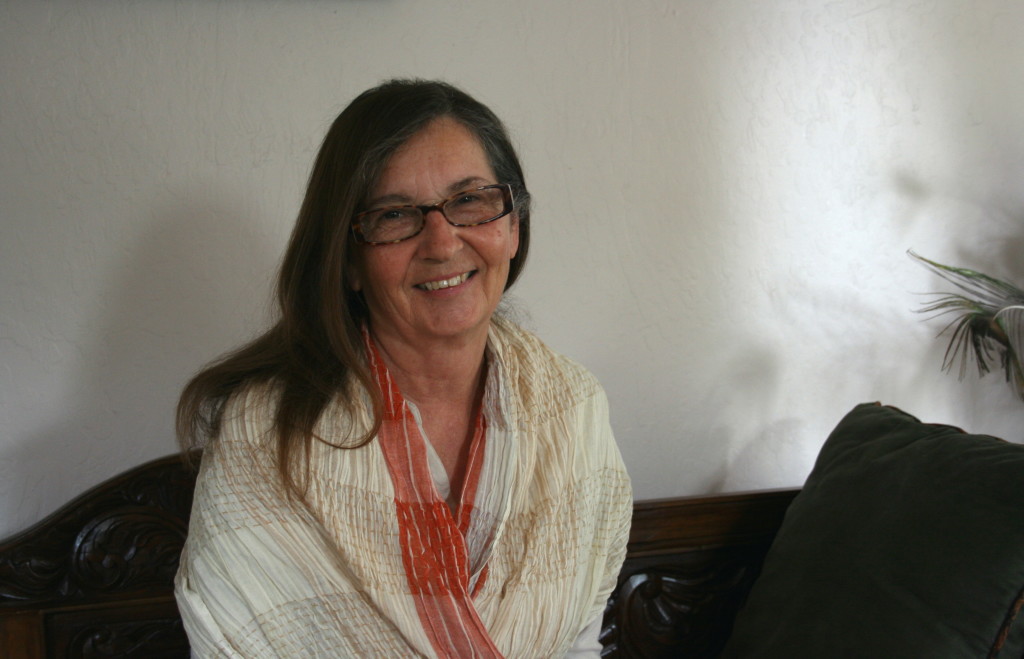“I have been going inside the prisons for about 12 years. The reason I started is because it is my karma. My eldest son is in prison. It was a struggle when he was younger, dealing with his addiction problems. We couldn’t help him, as much as we tried. And I felt the only way to untangle whatever karma I had generated to have a child that was addicted and that I could not help, was to see if I could be of help to someone else. As he went into prison, I went into prison. I found immense relief and joy, being of service. I founded Buddhist Pathways Prison Project and now there are more than 50 volunteers servicing eleven prisons and volunteers from two jails recently joined us. Both inmates and prison staff are asking us to send more volunteers to more prisons. We see what a real difference it makes in the inmate population, because we help create a safe environment. We offer a safe place for Sangha, where inmates can be vulnerable… a rarity in prison. Inmates have a place to talk frankly about their guilt, their remorse, and we provide them some guidelines on how to deal with these issues.”
“At a Buddhist service, we begin with some sort of mindful movement, like yoga, stretching, qigong, walking, etc. The reason we do this is because inmates are very much in their heads, and obsess over their stories of anger, guilt or just fantasies… they are not in their bodies at all. And the first foundation of mindfulness is experiencing the body as a body. So we start with bringing them back into their bodies. Then we provide meditation instruction. Some Sanghas need guidance and others have been meeting for years and are experienced meditators. Our Buddhist service includes, reciting the Four Noble Truths, the Five Precepts and the Eightfold Path, the core teachings. After that, we discuss Dharma in our lives and how we work with these teachings. For instance, if we are studying the precepts, we might ask if the desire to harm came up this week. What took place and what did you notice about your reactivity? The inmates support each other as they discover ways to alleviate suffering in their lives and in those with whom they come in contact. We close with a dedication of merit or metta for all sentient beings.”
“When I first started going into prison I would ask people why they were coming to Buddhist services, and I would stress that they offer an honest replay. One guy once said: “I understand that Buddhists develop psychic abilities and can levitate, and I plan on levitating out of here.” If inmates come to feel better and want to have ‘no thoughts,’ I tell them that they might be disappointed with Buddhist services if these are the reasons. Rather, we learn to be at ease with what is taking place. In this practice, we are asked to look deeply at ourselves, and sometimes it’s not what we want to see. So I congratulate people who come and stay, because all of the filters and habitual ways of responding are called into question, and that’s not easy for anybody, inmate or not. It’s a new way of life, and you have to be willing to do the work. The Buddha said his path is against the stream. It takes a warrior to put in the effort.”


